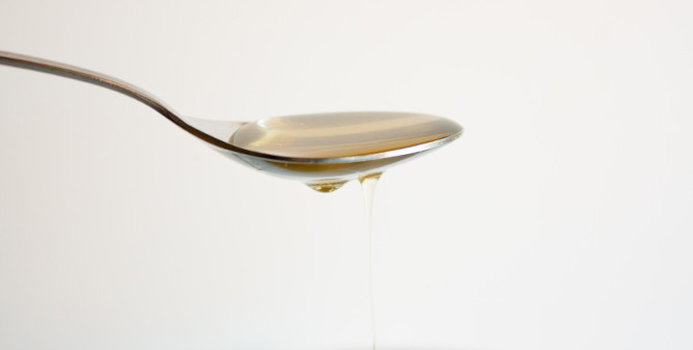The rise of consumer interest in natural sweeteners has led to some interesting conversations about the various health benefits of plant-based sweeteners like agave. Knowing more about what's going on in this industry will give consumers a better chance of selecting the natural products that suit their diet and nutritional needs.
What Is Agave?
Agave is a desert plant filled with a liquid that can be harvested and used as a sweetener. This product, commonly called agave nectar or syrup, can be used in many different food and drink preparations. Wholesalers now sell it to restaurant kitchens as well as individual households through retail in supermarkets.
What Is Raw Agave Syrup?
Agave syrup that is not processed, but sold directly as a plant extract, is referred to as raw agave syrup. These kinds of products are often popular in a "raw community" where individuals known as "raw food eaters" restrict their diet to items that are not industrially processed or even heated above a certain temperature. Raw food eaters generally refer to a variety of vitamins and nutrients that, according to nutritional experts, are most often eliminated from foods in regular processing.
How Is Agave Syrup Processed?
Within the raw community and beyond, there are some controversial dialogues about what constitutes industrial processing and how it affects a product like agave nectar or syrup.
Raw enthusiasts point out that a regular industrial process for agave syrup is to heat it for many hours, partially in order to change the chemical process of some specific elements called "fructosans." These carbohydrate products, according to critics of agave syrup processing, are "hydrolyzed," which makes the solution much sweeter by breaking down the elements into fructose sugars.
The proliferation of fructose elements in processed agave syrups leads to some concerns about how a high fructose diet can impact the body. Some refer to the now common use of high fructose corn syrup, or HFCS, as a sweetener in many processed foods, showing that agave syrup can undergo a similar process or offer a similar nutritional result.
Natural Agave
One of the prime uses of agave before the rise of alternative sweeteners was in making tequila, the popular alcohol used in margaritas and other cocktails. In the process of making tequila, agave is fermented, which some see as a comparatively natural process to what happens to the agave syrup sold as a sweetener.
Among those who are looking closely at how products like agave are produced, there is popular demand for a raw agave sweetener that is not processed according to the normal industrial standards. Critics of processed agave argue that although the low glucose agave products have a lower glycemic load than other kinds of sweetened items, the high fructose in the processed syrup may have other kinds of health impacts. Some recommend alternatives for sweetening, such as honey and other natural products.
With all of the conversation around which sweeteners are best for human consumption in general, it's important for consumers to form their opinions and be able to select the sweeteners that best fit with their nutritional and dietary needs. Research about the general facts on elements like glucose and fructose, along with a detailed knowledge of individual health conditions, can help families make decisions about how to sweeten their foods and drinks in ways that will help them manage their blood sugar levels and other health issues.



